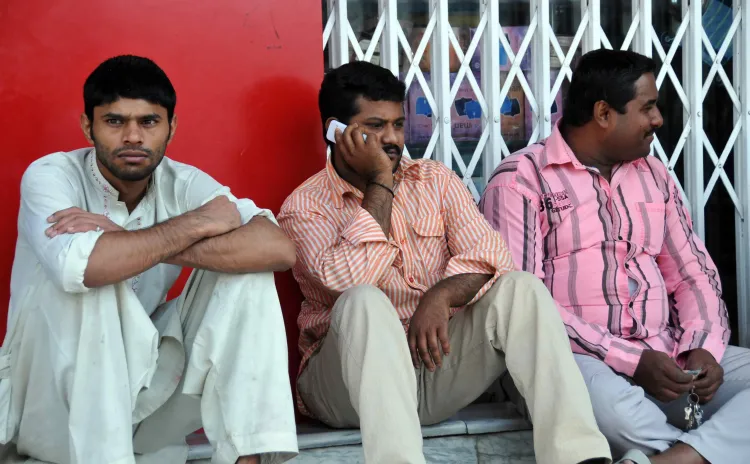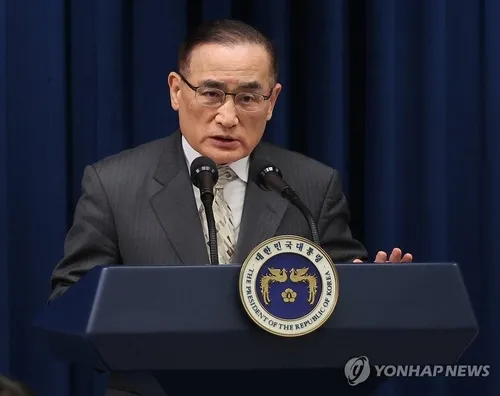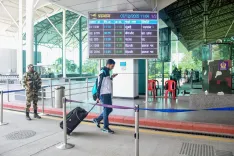Has Saudi Arabia Really Abolished the Kafala Labour System?

Synopsis
Key Takeaways
- Saudi Arabia has abolished the Kafala system, enhancing workers' rights.
- Approximately 13 million foreign workers will benefit from this reform.
- This change is part of the ambitious Vision 2030 initiative.
- The move aims to improve Saudi Arabia's global image and attract investments.
- The Kafala system was criticized for enabling exploitation and abuse.
Riyadh, Oct 22 (NationPress) Saudi Arabia has officially ended the long-standing Kafala labour sponsorship system, which had imposed harsh restrictions on employees, including the confiscation of travel documents and dictating when they could change jobs or leave the nation, as confirmed by reports this Wednesday.
In June, Saudi Arabia unveiled plans to eliminate the Kafala system as part of Crown Prince Mohammed bin Salman's ambitious 'Vision 2030' initiative—a multi-trillion-dollar strategy designed to enhance the country's international reputation and attract foreign investments, particularly in light of upcoming global events like the 2029 Asian Winter Games.
This transformative decision is projected to positively impact approximately 13 million foreign workers, including around 2.5 million Indians.
As per official statements, Vision 2030 serves as a roadmap aimed at diversifying the economy, empowering citizens, fostering a dynamic environment for both local and international investors, and positioning Saudi Arabia as a global frontrunner.
The Kafala system, introduced in the 1950s, was originally intended to manage the influx of skilled and unskilled foreign laborers from India and other Southeast Asian nations, crucial for the development of Saudi Arabia’s economy, particularly in construction and manufacturing.
To prevent an overwhelming influx of laborers, all foreign workers were 'bound' to a Kafala, which could be an individual or a company acting as their 'sponsor'. This 'sponsor' wielded excessive control over the workers’ lives, including decisions about their employment, withholding wages, and even determining their living conditions.
Workers were unable to report abuse without the consent of their abuser, although the system was somewhat more lenient for skilled or white-collar professionals. Labour and human rights activists have condemned this system for years.
Earlier in 2023, the International Labour Organisation (ILO) remarked that while immigration sponsorship systems are prevalent worldwide, the sponsorship frameworks in the Middle East, often referred to as the Kafala system, significantly diminish the ability of migrant workers to leave their employers and heighten the risks of human rights violations and labor exploitation, including forced labor, while impeding their mobility within the labor market.










